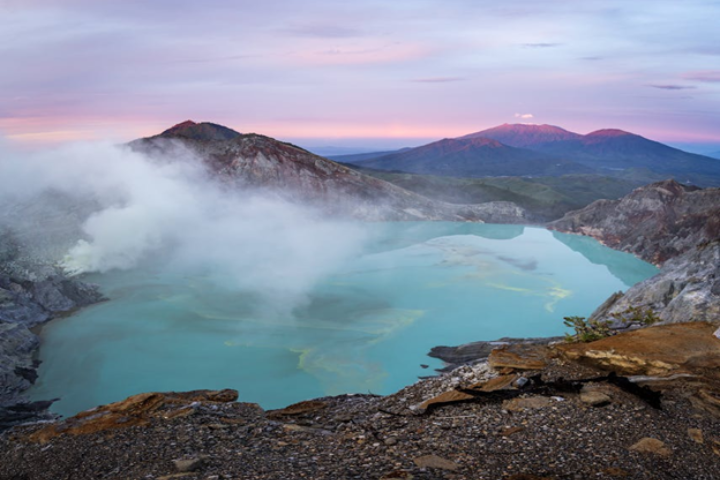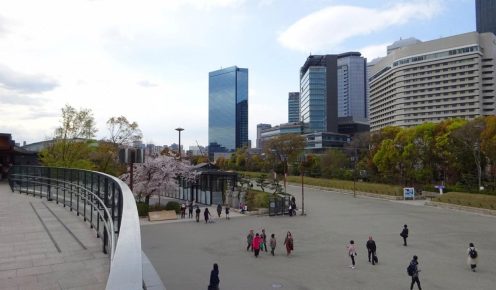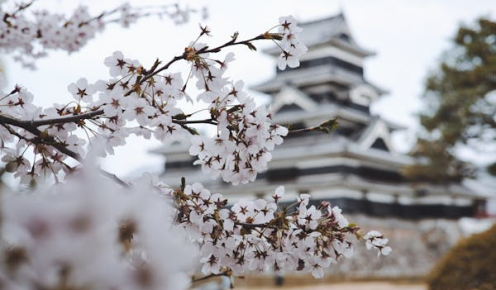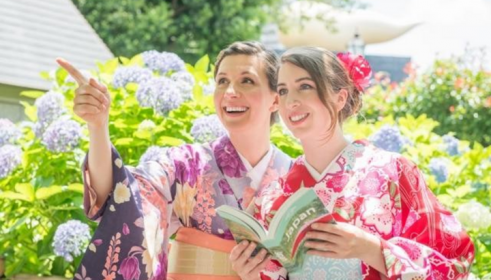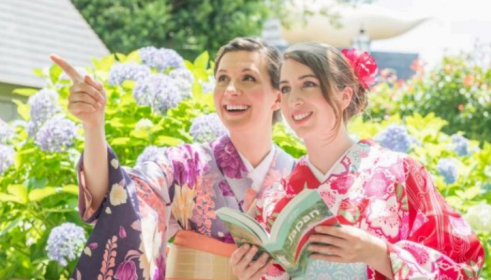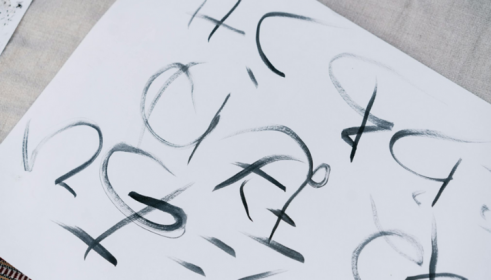Japan has many things that attract people there from all round the world. Japanese anime, manga, cafes, food and so on. Along with these things there is one more thing that is very famous in Japan which are its onsens. Japan is one of the few places that is present on the intersection of four tectonic plates. Due to this reason, Japan is prone to earthquakes, volcanic eruptions and tsunamis. This is also the reason why Japan is home to more than 20,000 onsens.
But onsens are not like your regular pools and baths, there are rules and etiquettes that you must follow before going in one. So, in this article we will learn about the rules one must keep in mind before going into the bath and what are the benefits of taking onsen baths.
What is onsen?
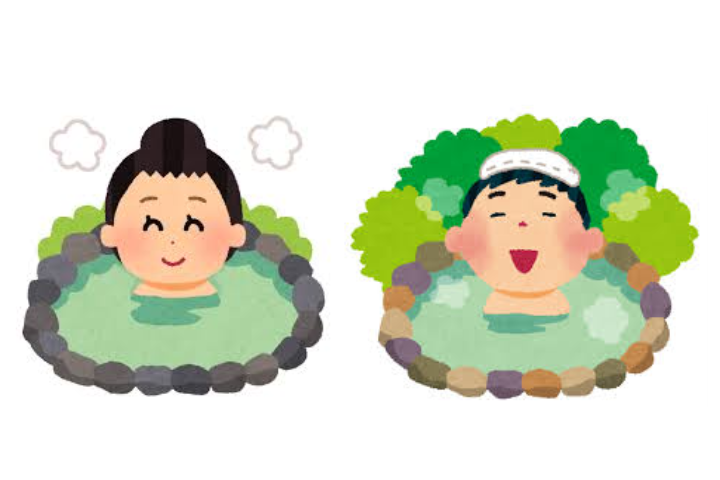
Hot springs in Japan are called onsens. The water in hot springs is heated due to volcanic activity inside earth. Onsen have been a part of Japanese history for a longtime. Onsens are usually present in places having beautiful natural scenery and weather. The water in these places is usually mineral rich that provides multiple benefits to the body. Also, the temperature of these water is usually warm making it perfect for bathing and relaxing. Onsens are believed to have healing properties as well making it popular among people.
Types of Onsen:

There are majorly four types of onsen.
Outdoor Onsen:
These are the types of onsens that are surrounded by nature in the outdoor settings. Bathing in these onsens is a very refreshing experience as it gives people a place to relax and enjoy some time away from the hustle and bustle of the city. Surrounded by nature these onsens have different areas for men and women to bathe.
Indoor Onsen:
Indoor onsens provide bathing facilities for people inside a building known as ryokan or public bathhouses. These are cheaper as compared to outdoor onsens and usually more accessible. People visit these places regularly to enjoy and relax.
Private Onsen:
Usually, onsens are public areas and many people can bathe at the same time. But for people who want to experience this bath in private or with loved ones they can opt for private onsens. Private onsens can be a little more expensive than the public onsens but they are worth the price.
Mixed Onsen:
Though it is rare, some onsens allow both the genders to bathe in the same area. For people who are comfortable in that type of place they can visit such onsens.
Onsen Rules and Etiquettes:

1. Take a thorough shower before entering the bath:
It is important to remember that before entering the onsen, one must clean his or her body thoroughly. It is a common rule in Japanese onsens to always take a shower first and make your body clean. This is so that when you enter the bath, the water does not get too dirty, as in most cases you would be sharing it with other people as well.
Usually, all the onsen facilities provide a shower area with shampoo and soap so that one can take a shower. But after showering, put all the items in the place they were before.
Also, the shower area leads to the bath area where you can directly go after shower and enjoy your time there.
2. Do not wear any clothes when going in the bath:
It is a rule in Japanese onsens to not wear any clothing item when going inside the water. It is to keep the hot spring water clean as the clothing item may have dirt or soap in it which can make the water dirty. But for people who are shy, they can take a small towel with them to cover up and put that towel on their head or on the side when they are inside the water. Also, the onsen facilities have separate areas for men and women so it becomes less scary to be naked
3. Tie your hair in a bun:
For people who have long hair, it is necessary to keep the hair tied up so that the hair does not drop in the water. Even if your hair is clean, you still need to tie up your hair in a bun and avoid touching your head with water. It is considered rude to let your hair touch the water as it may cause trouble for other people.
4. Don’t swim in the water:

Onsen is a place for relaxing and not playing any sport. The main motive of taking a bath in an onsen is to let your mind and body relax and rejuvenate. So, avoid swimming in the onsen bath at all costs. Also, it can make other people uncomfortable, so try to remain in one area and not swim around in the bath.
5. Cover your tattoos:
In many onsen facilities, it is prohibited for people with tattoos to enter the bath. This is so that other people do not get uncomfortable as having tattoos on the body is mostly associated with the yakuza. So, if you have any tattoos on your body, try to cover them up with cover-up tapes or bandages before you enter the bath.
6. No photography:
It is already an obvious point but to make it clear I am still adding it: Do not bring any electronic device like camera or phone inside the bathing area. As people will not be wearing any clothes it is your duty to respect everybody’s privacy and avoid taking pictures or videos in or around the bathing area.

7. Wipe your body after coming out of the bath:
When you come out of the bath, use the small towel that you brought with you to wipe your body surface so that excess water doesn’t get the floor wet. It is to keep the floor dry as the slippery floor can make people fall and get injured.
After that you can go back to the dressing room and dry yourself using a bigger towel and put on your clothes.
Conclusion:
Having a bath in the onsen is a great way to relax your mind and body. It also has many potential health benefits that can make you healthier. So keep it in your bucket list to bathe in the onsen when you visit Japan next time.
Thank you for reading!

